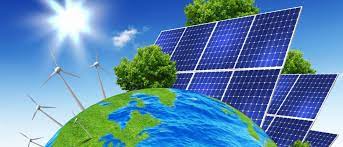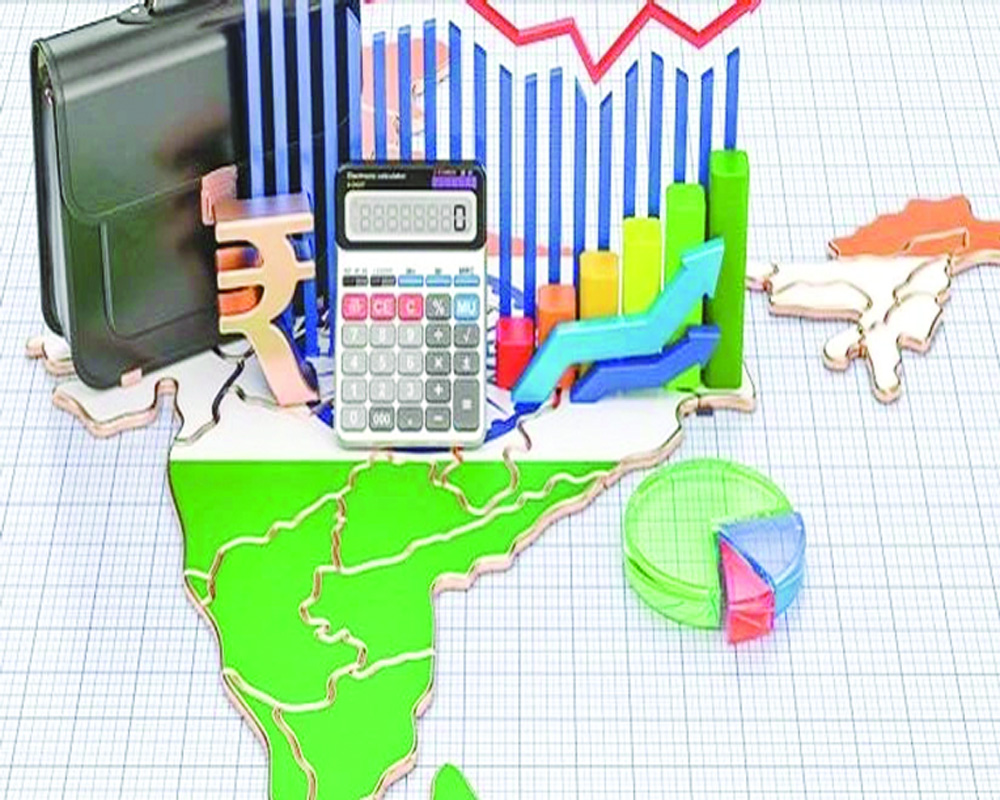India is poised for a significant increase in its Renewable Energy (RE) capacity, excluding large hydro plants, according to a statement by rating agency ICRA. The installed RE capacity is projected to rise from 135 GW in December 2023 to an estimated 170 GW by March 2025. This growth is expected to drive the share of RE plus large hydro in the country's electricity generation from 23% in FY24 to approximately 40% in FY30.
ICRA emphasizes the importance of ensuring Round The Clock (RTC) supply from RE sources, given the intermittency associated with RE generation. To achieve this, the agency suggests leveraging wind and solar power projects complemented with energy storage systems.
The increase in installed RE capacity is expected to be supported by improved tendering activity, with over 16 GW of projects bid in the current fiscal year and another 17 GW bids underway by central nodal agencies. This aligns with the Government of India's target of 50 GW annual bidding trajectory announced in March 2023.
Girishkumar Kadam, Senior Vice-President and Group Head of Corporate Ratings at ICRA, notes that tariffs discovered in RE-RTC tenders remain higher compared to standalone solar and wind energy tenders. This is primarily due to the cost associated with the storage component and the higher share of wind energy expected in RTC projects.
ICRA highlights the viability of RTC projects, indicating that projects utilizing Pumped Hydro Storage Projects (PSP) capacity show relatively better viability compared to Battery Energy Storage Systems (BESS), based on prevailing capital costs.
Despite the optimistic outlook, challenges persist in the execution of RTC projects, particularly related to supply chain challenges in the wind energy segment, which could impact project execution.
ICRA expects an improvement in RE capacity addition to 18-20 GW in FY24 from 15 GW in FY23, driven by factors such as the decline in solar PV cell and module prices and the extension of timelines for solar and hybrid projects. This, coupled with a growing project pipeline, is projected to support capacity addition to 23-25 GW in FY25, predominantly led by the solar power segment.
However, challenges such as delays in land acquisition and transmission connectivity remain, posing potential hurdles to capacity-addition prospects.








 OpinionExpress.In
OpinionExpress.In















Comments (0)